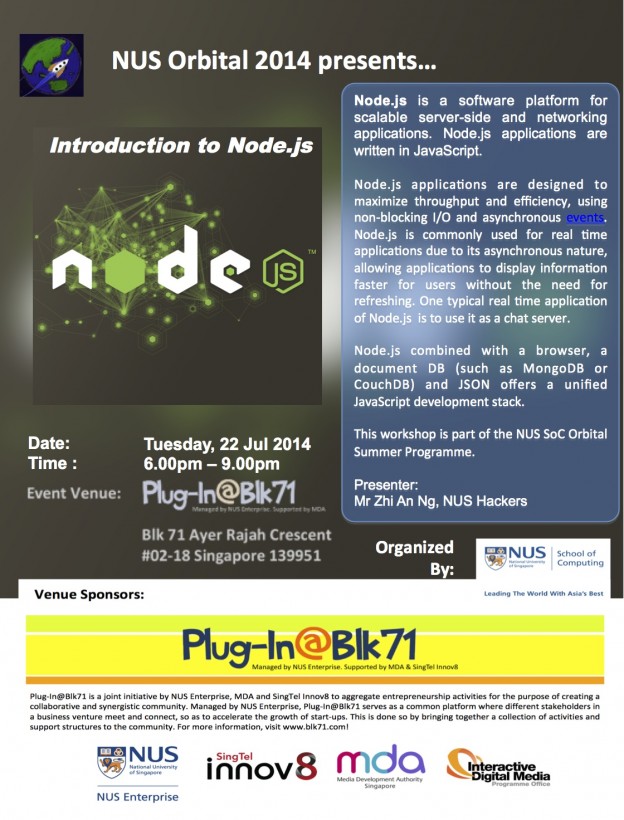Posted on July 31, 2014 by orbital
We’re almost at the end of Orbital! We hope your summer self-study journey has been productive and that you have learned and broadened your horizons significantly on the topic of your choice. Now that you’ve finished the final official Project README, video and log, it’s time to wrap up by evaluating your peers, and preparing for Splashdown on 22 Aug (Friday).
We’ll be posting a separate announcement about Splashdown later next week but for now, let’s concentrate on the evaluation of peer feedback. This is the (very quick 1 question) evaluation that you do to assess how useful your peers have been in their feedback and critique of your project. You’ll need to evaluate your peers as well as your adviser on this. Details about this process are available on Post @1273 in Piazza and also as an 11-minute video recording on YouTube.
A quick note: Those of you trying for higher levels of achievement may plan to get a lot more done on your project between now and Splashdown to meet that level of achievements’ criteria. That’s fine — your peers will evaluate you on what you’ve done up to Evaluation 3, but you can petition (by writing to your adviser or to us (Min and Wee Sun) directly) to have your project re-reviewed for the higher level of achievement. Make sure to do this by Splashdown (22 Aug) as that is the hard deadline for determining level of achievements, and we are likely to need to see your project’s outcome during the showcase to assess your final achievement level.



 Introduction to Ruby on Rails
Introduction to Ruby on Rails




